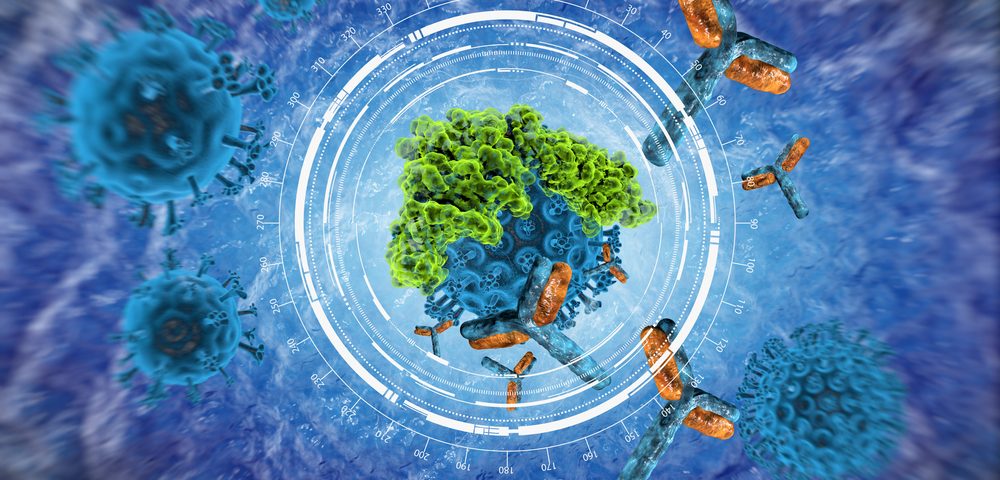Patients with advanced hematologic cancers who relapse following allogenic hematopoietic stem cell transplantation (HSCT) have a very poor prognosis. Now, researchers at the Dana-Farber Cancer Institute have shown that the outcome of these patients may be greatly improved with an immunotherapy drug called Yervoy (ipilimumab).
In their study, “Ipilimumab for Patients with Relapse after Allogeneic Transplantation” published in The New England Journal of Medicine, Yervoy was able to restore a complete remission in some patients, and in the future may be used to prevent relapses following HSCT.
Immune escape is one of the major contributors for relapse after allogenic HSCT. It happens because the tumor cells express immune checkpoint proteins that block immune system responses. But blocking the immune checkpoint protein CTLA-4 has been found to increase the ability of donor cells to fight tumors in mice, leading researchers to hypothesize that blocking CTLA-4 with Yervoy could enhance the anti-tumor response in patients who relapsed after allogenic HSCT.
“We believe the donor immune cells are present but can’t recognize the tumor cells because of inhibitory signals that disguise them,” Dr. Matthew Davids, MD, MMSc, a member of the Division of Hematologic Malignancies at Dana-Farber and first author of the study, said in a news release. “By blocking the checkpoint, you allow the donor cells to see the cancer cells.”
The investigators conducted a Phase 1/1b multicenter, investigator-initiated study that included 28 patients with relapsed lymphoma, leukemia, multiple myeloma, and myelodysplastic tumors, who received varying doses of Yervoy repeatedly for up to one year.
Among the 22 patients who received the highest dose of Yervoy, five had a complete response, two had a partial response, and six had decreased tumor burden, accounting for 59 percent of relapsed patients showing reduced cancer upon Yervoy therapy.
These responses were associated with tumor infiltration of cytotoxic T-cells that were able to attack cancer cells, reduced activity of regulatory T-cells (which impair T-cells’ capacity to destroy tumors) and expansion of effector T-cells in the blood.
Importantly, three of the complete responders had a hard-to-treat type of leukemia that affects the skin, suggesting that these leukemias may be particularly susceptible to immune checkpoint inhibitors.
Although there was a concern that Yervoy therapy induced graft-versus-host disease (GVHD) — a serious transplant complication where donor immune cells attack the host healthy cells — only four of the 28 patients developed GVHD, and all were controlled with corticosteroids. Six patients had immune-related adverse events, including one death.
The encouraging findings will now lead to larger trials of immune checkpoint inhibitors in patients who relapsed following allogenic HSCT. Additional research will also examine whether immunotherapy drugs may prevent relapses in high-risk patients who received allogenic HSCT.


